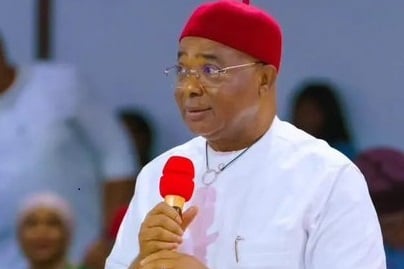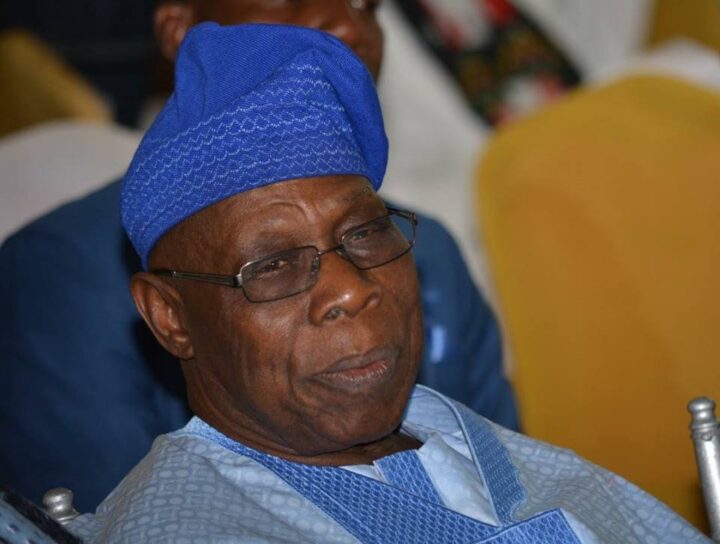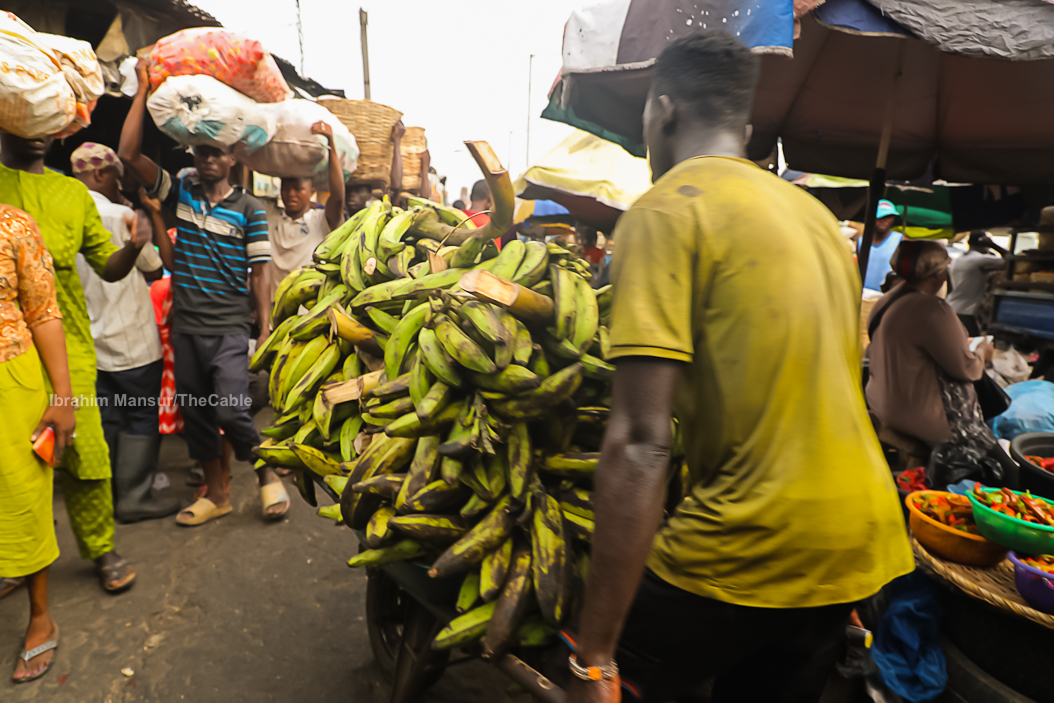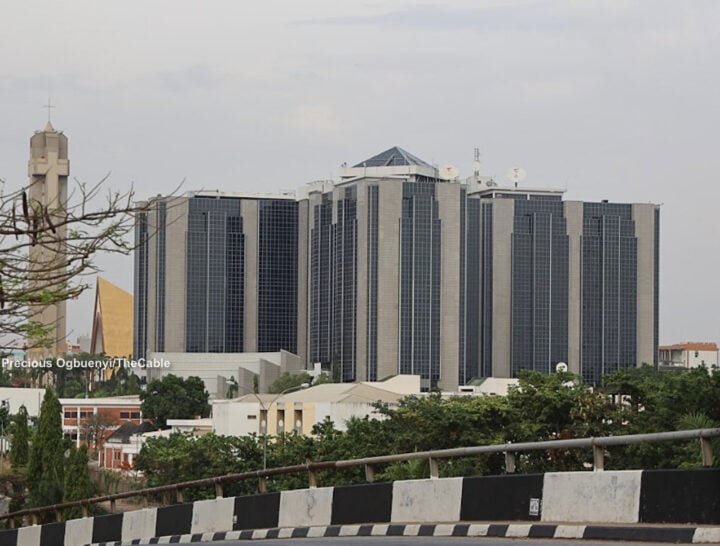BY MARCEL MBAMALU
In 2016, the Manufacturers Association of Nigeria (MAN) bemoaned the sinking of 272 firms in one year amidst turbulent economic waters, with 180,000 jobs also drowning in the process. The serial collapse of businesses, according to MAN, was occasioned by foreign exchange restrictions slammed on 41 items by the Central Bank of Nigeria. This means that the dealers in these items had a restriction on access to foreign exchange. Out of the 272 collapsed firms, 50 were manufacturing firms, and the impact on exports was obvious.
MAN, the National Association of Small and Medium Enterprises and the Lagos Chamber of Commerce and Industry pressured the government for a review of the policy to no immediate avail. The pressure for a review was based on a lack of consultations with the stakeholders before the ban, which came amidst skyrocketing operating costs. If anything, the rising costs should have been a basis to boost the economy instead of restricting access to foreign exchange.
The president of the Dockworkers Union of Nigeria (DUN), as of 2016, Anthony Emmanuel Nted, had warned against the federal government’s importation policy, citing its negative effects on shipping businesses, especially in terms of giving a boost to smuggling, illegal diversion of ships to Nigeria’s neighbours, underuse of Nigeria’s ports, job losses and revenue downfall. Nted called for an urgent review of the importation policy, which was never heeded. The warnings of Nted have come to pass with stunning accuracy
Advertisement
The gloomy nature of businesses under Buhari was indicated early by the realities in the stock market, as represented by the marginal rise in the value of equities (all share index) and foreign investment flows. As of May 28, 2015, the All Share Index (ASI) was 34,310.37. The ASI tracks the trajectory of all listed equities on the Nigerian Exchange Limited (NGX). On the other hand, the cumulative value of all companies’ shares was ₦11.66 trillion.
By May 2023, the NGX ASI was 52,403.51bps, while the value of equities stood at ₦28.53 trillion. This might indicate growth, but over eight years, it signalled a terrible stunted growth, with the exit of big firms and a slight inflow of others. The downward spiral in investor confidence is further shown in the total trading on the NGX, which stood at ₦146.22 billion in March 2023 compared to ₦145.45 billion in May 2015. This small growth is also shown in the total foreign inflow within the same period — ₦4.60 billion in March 2023 compared to ₦38 billion in May 2015.
Total foreign outflow was ₦4.59 billion in March 2023, while it was ₦41.77 billion in May 2015. The total foreign transactions were ₦79.77 billion in May 2015. It fell to an abysmal ₦9.19 billion in March 2023. The share of equity deals for foreign investors reduced to 6.29% in March 2023 compared to 54.84% in May 2015.
Advertisement
…And then the exodus of foreign firms
In February 2016, less than one year into President Muhammadu Buhari’s first term of office, foreign firms began to leave en masse encouraged by catastrophic economic realities. In that time, 20 shipping firms left the country, citing an unfavourable operational climate, and dumping 3,000 people out of their jobs.
Tiger Brands resold its investments in Dangote’s Lagos Flour Mills in 2015, three years after it had bought them in 2012. A year afterwards in 2016, South African fashion retailer, Truworths, ceased operations in Nigeria. In 2017, telecommunications company Etisalat ended its management agreement with its Nigerian branch, implying the exit of all its UAE shareholders. In 2018, British multinational bank, HSBC, and Swiss multinational investment bank, UBS quit the Nigerian business space by shutting their Nigerian offices. In 2021 grocery giant, Shoprite announced its exit from Nigeria after 15 years in the country.
Banning importation amid insecurity-stricken local production
Advertisement
In 2016, Buhari banned the importation of rice, wheat, vehicle spare parts and industrial machinery pending when the country could become self-sufficient in local production. Elsewhere, countries fight foreign rivalry to protect existing local production, not intending ones. Farmers in Europe used government machinery to fight off grains imported from Ukraine from 2022-2023 to protect themselves from unfair competition.
In contrast, Nigeria is one of the countries that depend almost wholly on Ukraine for its grain imports. Nigeria produces less than 1% of the over 600 million metric tons of wheat it consumes annually. It was in this mode that Buhari banned the importation of grains, and he witnessed a 50kg bag of rice soar from N7,500 in 2015 to N40,000 as of May 2023.
As of October 2022, nearly 25 million Nigerians were declared food insecure by Cadre Harmonise, a government-led and UN-supported food and nutrition analyst. The Food and Agricultural Organization recently declared Nigeria’s food security situation as worsening. The NBS said that food inflation surged to a 17-year high of 24.32% in January 2023 owing to a continued fall in the value of the naira.
Principally, Buhari was supposed to contain insecurity if he meant to boost agriculture. Instead, he superintended over the worst security scenario since the Nigeria Civil War of 1967-70. Nigeria Security Tracker once reported that in seven years between 2016 and 2023, Nigeria had an annual average of 2,000 cases of kidnapping and 5,000 cases of deaths due to kidnappings, banditry and insurgency, In addition, to an estimated ₦10 billion was demanded in ransom by kidnappers. The fear that pervaded the atmosphere first triggered mass migration, which was followed by the loss of foreign investments. Some other estimates showed that “over 12,000 Nigerians migrated to the UK alone in 2022, where at least 13,000 Nigerian health workers operate”.
Advertisement
Within the context of insecurity and low productivity, Nigeria depended on foreign and local borrowing to finance infrastructure as boldly stated in October 2022 by President Buhari. According to the World Bank’s Public Finance Revenue Report, Nigeria’s physical infrastructure deficit will reach $3 trillion by the next 30 years. The report says it will take Nigeria 300 years to close its infrastructure gap.
Accordingly, Nigeria placed 132nd out of 137 nations ranked on the 2018 global competitive index due to low quality of infrastructure. In 2019, Nigeria moved up to 116 out of 141 countries. Thus, Nigeria orchestrated its economic woes in terms of foreign investments.
Advertisement
Mbamalu is a Jefferson Fellow and a member of the Nigerian Guild of Editors (NGE). He is the publisher/editor-in-chief of Prime Business Africa.
Advertisement
Views expressed by contributors are strictly personal and not of TheCable.







